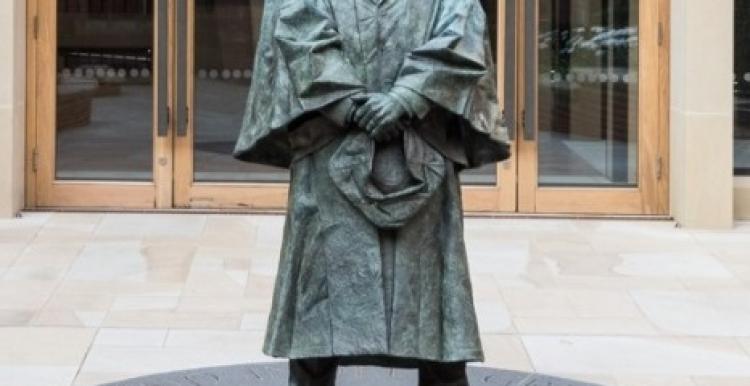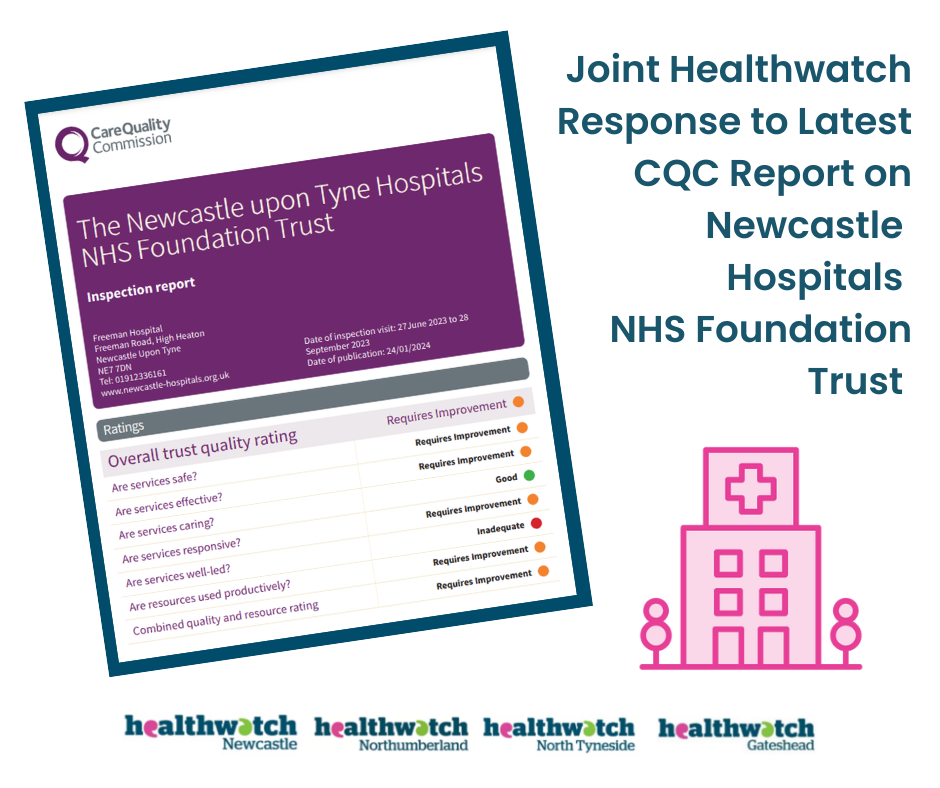October is Black History Month

Black history in Newcastle pop quiz: do you know who this statue is of, where it is, and why it’s there? Answer at bottom of article.
We use the words ‘disparity’ and ‘inequality’ to describe things as being unequal, especially when we’re talking about different groups of people having unfair advantages or disadvantages. When we measure health outcomes on a large scale, we notice patterns in the health of different groups of people. Public health authorities spot these trends and try to work out what’s going wrong, and why some groups of people might have worse outcomes than others.
The Covid pandemic highlighted specific health inequalities across ethnic backgrounds, partly because of the sheer amount of data collected in a short time. In the first wave of Covid in the UK, people from minoritised ethnic groups had much worse outcomes than people of White British and European backgrounds. In this country, black men and boys were around 3 times more likely to die of Covid than white men and boys, and black women and girls were more than twice as likely to die of Covid than white women and girls.
Those numbers are shocking, but the most important thing about them, going forward, is that we ask why. There are likely to be lots of different reasons for this tragic disparity, and things like poverty, underlying health conditions, and even just the area people live in also make a difference. Some of these factors are linked and overlapping so we need to look at the population on a big scale. Socioeconomic disparity can be independently linked to a person’s ethnic background, and some people have combinations of these factors that make them even more at risk of poor health outcomes.
What can Healthwatch do to make a difference? We can help to spot trends and to make sure everyone has a voice when it comes to their health and social care needs. We can look at why people from different ethnic backgrounds might have different levels of access to good healthcare, or why socioeconomic disparity might be linked to ethnicity. We can ask hard questions about the attitudes of people within health and social care to people from different backgrounds. We can help support healthcare providers when they’re making plans to make things better. Even something that should be as simple as representation can make a difference to how easily someone feels they can access services.
Black History Month is a time to question social inequality and ask what we can do to make things better; it’s up to everyone. It’s also a time to recognise and celebrate the benefits of living in a multicultural world and in a country where we’re lucky to have diversity, and where people are beginning to recognise the value of inclusion and representation. From the often-unsung stories of black Britons throughout history to the ongoing narrative of black lives and experiences, there’s so much to learn and to celebrate.
Unique but united, we’re all responsible for positive change and to recognise what works – and what doesn’t – for everybody.
So what about that statue? On 13 November 1967, Dr Martin Luther King visited Newcastle University to receive an honorary degree. Newcastle was the only UK university to do this during his lifetime. You can explore the campus and find the statue in King's Quad.


